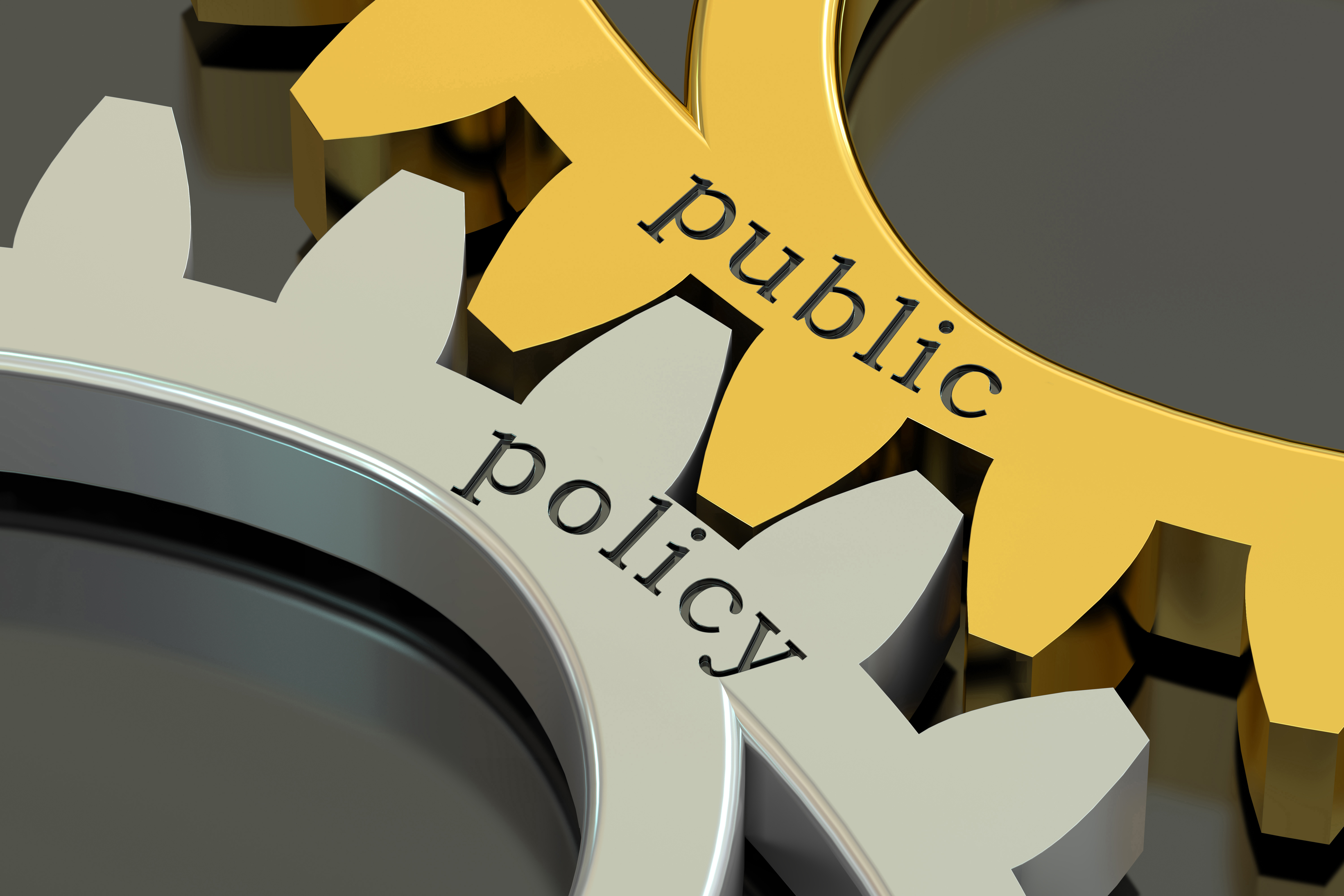What is Public Policy?
Public policy is the framework of laws, regulations, and actions governments implement to achieve social and economic goals. It’s a statement of the government’s intent and commitment to address a particular issue or problem. Public policy shapes the decisions of government officials and agencies, and it affects society, the economy, and politics.
It covers various issues, including economic, social welfare, education, healthcare, and environmental policies. Political ideologies, societal values, and economic conditions influence public policy, vital in shaping a country’s future. Public policy plays a crucial role in shaping societies and addressing societal challenges. In political science, it is essential to comprehend public policy’s meaning, public policy definition evolution, and significance.
This article aims to understand public policy and its various aspects comprehensively.
The History & Evolution of Public Policy
The genesis of public policy dates back to ancient civilizations like Greece and Rome, where rulers made decrees and laws to regulate society. However, the contemporary study of public policy began in the late 19th century when American scholars like Woodrow Wilson and John Burgess explored the relationship between government and society. After World War II, public policy became an established field of study, focusing on solving social, economic, and political problems.
Over time, various models of public policy emerged, such as the rational model, the incremental model, and the advocacy coalition framework, which help explain how policymakers arrive at decisions. The field of public policy has evolved, shaped by historical, social, and political factors. Initially, public policy was primarily concerned with economic matters and the regulation of trade and commerce. However, as societies became more complex and interconnected, the scope of public policy expanded to include various social, environmental, and technological issues.
Features & Nature of Public Policy
Public policy is a deliberate and systematic attempt to address various social, economic, and political issues that affect society. It is a multifaceted field encompassing a wide range of policies and decision-making processes to achieve specific goals and outcomes. Understanding the nature and features of public policy is essential to appreciate its significance and impact on society.
Here are some of the key features of public policy:
- Purposeful: Public policy is designed to solve specific problems or address particular societal needs. It is not random or haphazard but a deliberate effort to address identified issues. Policies may aim to improve the economy, enhance public health, reduce crime, or mitigate the effects of climate change, among others.
- Systematic: Public policy is not a one-off decision but a set of coordinated actions that work together to achieve a desired outcome. Policies are typically developed and implemented systematically, involving various stakeholders and decision-making processes.
- Strategic: Public policy aims to achieve long-term goals, not just immediate needs. Policymakers consider the potential consequences of their decisions and try to create policies that will have a lasting impact. This means that policies may take time to implement and require significant resource investments.
Types of Public Policy
Public policy can be categorized into several types based on focus, scope, and duration. Distributive policies allocate resources among societal groups, ensuring fair distribution. Redistributive policies aim to reduce income inequality by redistributing wealth. Regulatory policies control or manage behaviors to protect the public interest. Constitutional policies establish fundamental rules and principles governing society. Foreign policies promote national interests, maintain peace and stability, and foster international cooperation.
Each type of policy plays a crucial role in addressing various social, economic, and political challenges.
Process of Public Policy Formation
The process of public policy formation involves several stages, including problem identification, agenda setting, policy formulation, decision-making, implementation, and evaluation.
- Problem Identification: Identify a problem or issue that requires government intervention. Conduct research and gather data to understand the scope and severity of the problem. Define the problem and its impact on society.
- Agenda Setting: Determine the importance of the problem and its priority on the policy agenda. Consider the political and social context in which the problem exists. Decide whether the problem should be addressed through legislation, regulation, or other means.
- Policy Formulation: Generate alternative solutions to address the problem. Evaluate the feasibility and effectiveness of each solution. Consider the short-term and long-term impacts of each solution. Choose the best solution and develop a plan for its implementation.
- Decision-Making: Present the proposed policy solution to the appropriate decision-makers. Seek input and feedback from stakeholders and interested parties. Debate and discuss the merits of the proposal. Make a final decision on the policy and its implementation.
- Implementation and Evaluation: Put the policy into practice through legislation, regulation, or other means. Monitor the implementation of the policy and make any necessary adjustments. Assess the effectiveness and efficacy of the policy. Gather feedback from stakeholders and interested parties. Use the feedback to refine and improve the policy over time.
Scope of Public Policy in India
The scope of public policy in India is vast and covers various critical areas. It includes economic development, promoting social justice, ensuring environmental sustainability, maintaining national security, and engaging in international relations. Public policy in India aims to drive economic growth, alleviate poverty, address inequality, promote renewable energy and conservation, enhance national security, and actively participate in global affairs.
By addressing these areas, public policy in India seeks to foster development, prosperity, and well-being for all citizens while positioning the country as a responsible global power.
Importance of Public Policy
Studying public policy provides numerous benefits, equipping individuals to address complex societal issues and make positive changes on a large scale. It provides a deep understanding of policy formulation, implementation, and evaluation, allowing for effective advocacy and influencing decision-making processes. Additionally, it enhances critical thinking, problem-solving, and analytical skills valued in various professions while offering networking opportunities with experts in the field.
Major Subjects in Public Policy
Public policy covers diverse subjects like policy analysis, economics, governance, research methods, social justice, and public administration. These subjects develop a comprehensive understanding of contemporary policy issues and equip students with effective skills in formulation, evaluation, and management. Students gain insights into policy development’s social, economic, and political contexts.
Significance of Public Policy
Public policy plays a critical role in shaping societies and affecting the lives of individuals. It influences everything from healthcare and education to the environment and social welfare. Effective public policy ensures the equitable allocation of resources, promotes social justice, and addresses societal challenges. By studying public policy, you become empowered to contribute to developing and implementing policies that positively impact people’s lives. With the ability to identify and analyze policy problems, you can propose innovative solutions, advocate for change, and drive sustainable development. The importance of public policy cannot be understated, as it is the catalyst for creating more inclusive and prosperous societies.
Conclusion
Studying public policy offers many benefits, including the opportunity to create meaningful change, develop essential skills, and expand career opportunities. By mastering subjects such as policy analysis, economics, and governance, you gain a comprehensive understanding of the intricacies of policy development and implementation. Public policy is essential in addressing societal challenges and improving the overall well-being of individuals and communities. By studying public policy, you become an agent of change, equipped with the knowledge and skills to shape a more equitable future. So, if you are passionate about making a difference and driving positive social impact, studying public policy is the pathway to transform your aspirations into reality.




